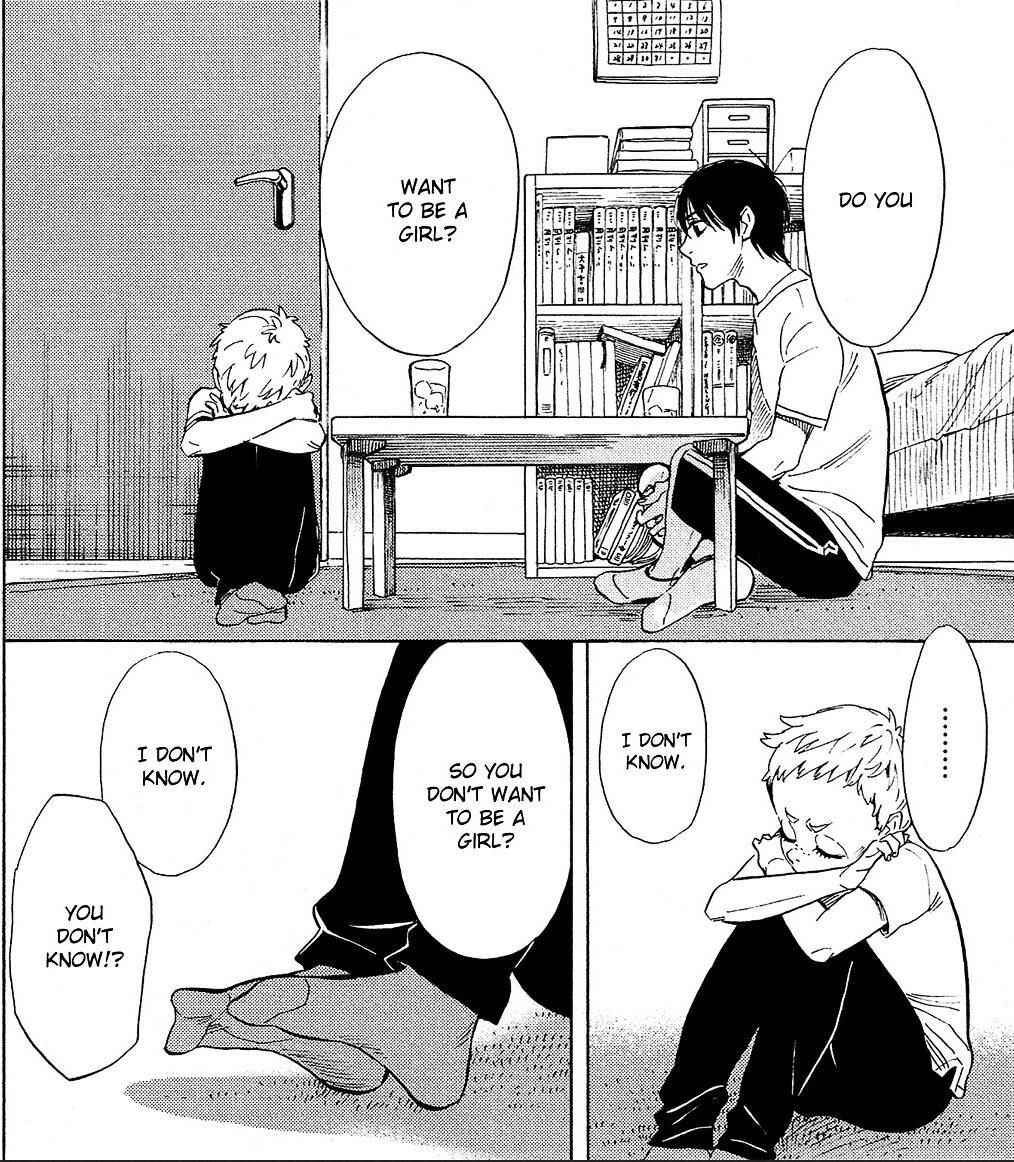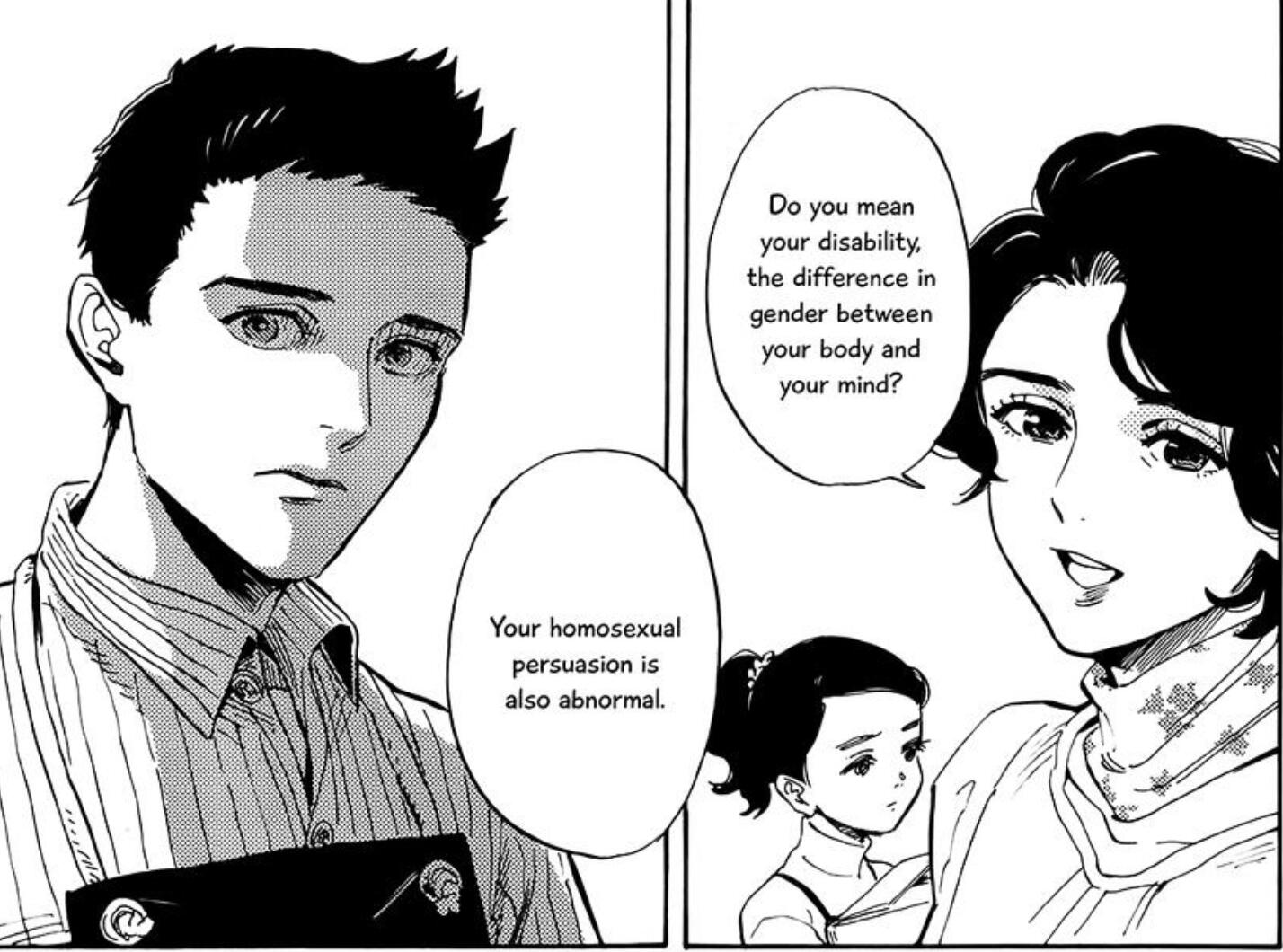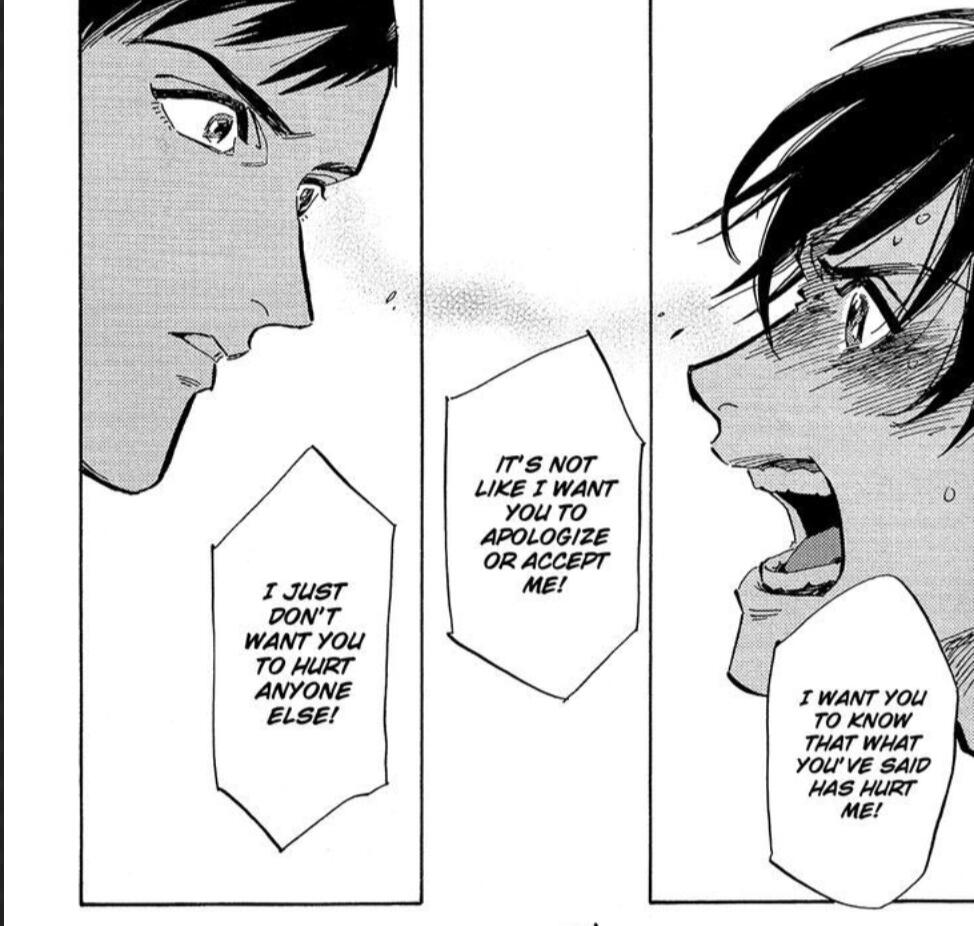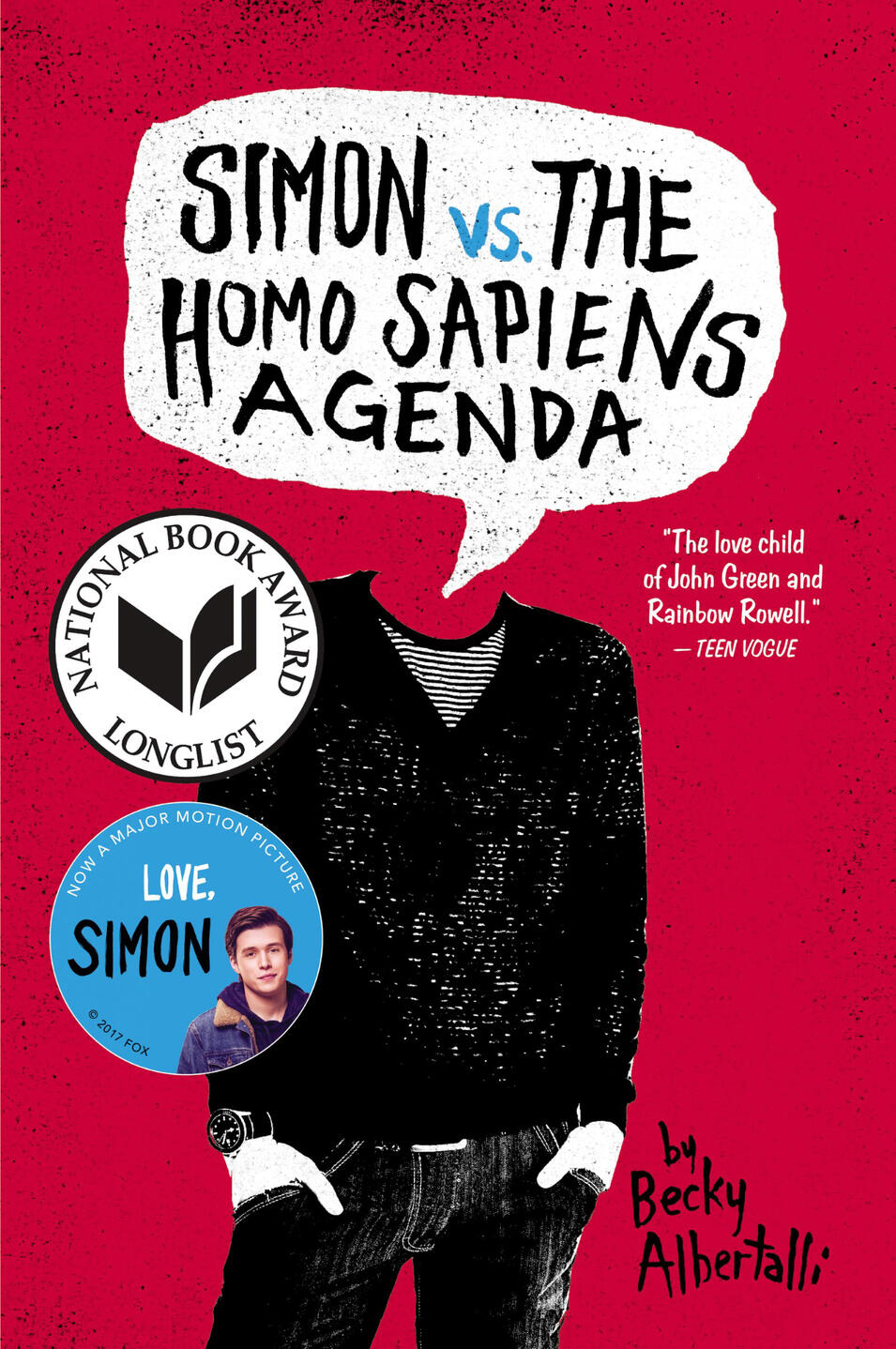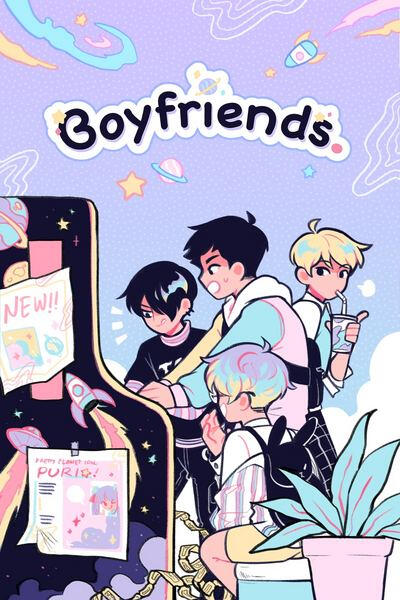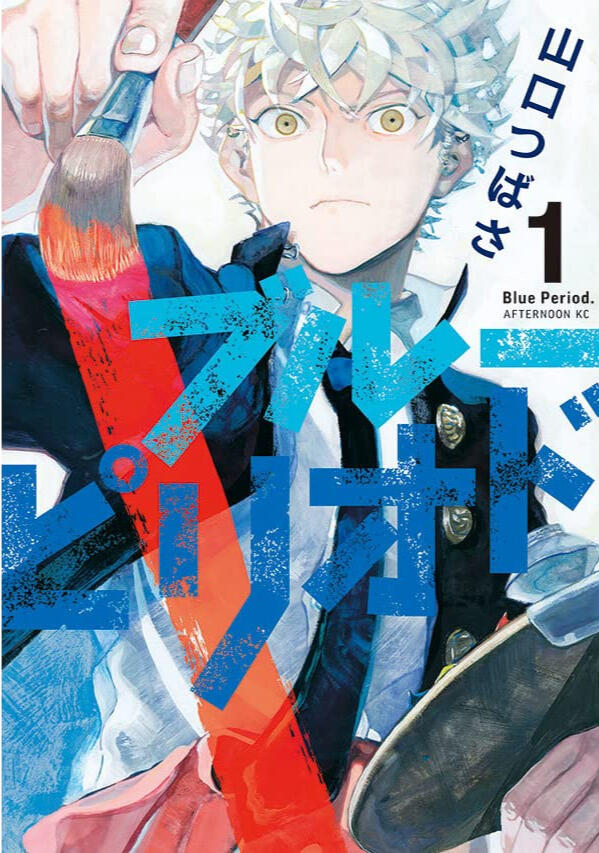Home Page
LGBTQIA+ Representation Throughout Different Forms of Media
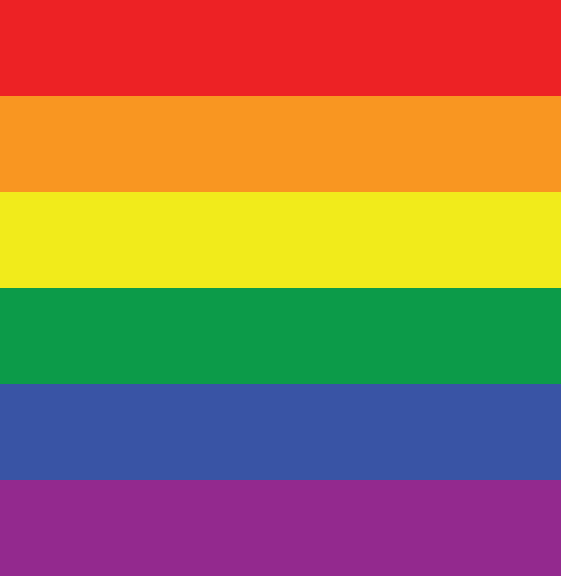
Interactive Piece
Terms & Some Extra Things:
Gender identity - what you identify as
Gender expression - how you act, what you wear, how you express your gender, etc.
Sexuality - who you are sexually attracted to
Romanticity - who you are attracted to romantically
A specturm - this includes, but is not limited to, demisexual or demiromantic, asexual or aromantic, greysexual or grayromantic
Basically includes anyone who has to have a connection to feel a sexual or romantic attraction to anyone who does not feel any at all.
She & He & They pronouns - Which ever one the person likes more is in front
Trans FTM - FTM means they have/are transitioning into a male when they were born in a female's body
Trans MTF - MTF is the opposite of FTM so they go from being a male to being a female
Neo Pronouns - some examples would xe/xem/xyr, ze/hir/hirs, and ey/em/eir but there are also ones such as fae/faer and ve/ver
home page
→
About Me
Let me introduce myself and why this means enough to me that I decided to do a huge project on it.
Hi, my name is Thalia Veleta. I am 18 years old, I have two siblings and we have three cats. My pronouns are she/her/hers which are the feminine pronouns.
I am pansexual and demiromantic. For a long time, I thought I was bisexual but recently (read: September of 2020) I realized that I never really cared about gender and came to the conclusion that I am actually pansexual! I came out originally as bisexual in seventh grade and as demiromantic in my senior year of high school.
My family is more on the supportive side of things. At least, my mom is, my dad is a very religious Mexican man and doesn't not necessarily support the LGBT+ community. So I am not out to him, but I am out to my mom as well as some of my extended family, which means I have firsthand experience with coming out. It's scary to say the least. Even if you know that your family or friends or whoever you are coming out to is supportive, the question of "will this change things?" is always there. Because yes, they are supportive or don't care about what other people do because they aren't connected to them in any way. But you are connected to them and maybe they will care or will treat you differently once you come out to them. It doesn't help either when the only people you see on television who come out are seen differently or are the outcasts of the group. That is if you even see the representation in anything, more often than not there is none.
This makes coming out terrifying. For instance when I told my ex-girlfriend (they use she/they pronouns and gave me permission to call them my girlfriend) that I am polyamorous, it was scary to say the least. We had been friends for a couple months before we started dating and I know I had told them when we were still friends that I was. But being friends and dating someone who is polyamorous are two different things. It's also hard because there is basically no representation of polyamorous relationships or people in anything mainstream. People automatically assume being polyamorous is cheating or that they are more likely to cheat. So telling someone that you are dating is scary, but I knew I needed to make sure she was okay with it because relationships only work with honesty. But of course, being the most supportive person ever, they told me they were totally okay with it and that I don't need to worry because they know I can't choose who I am and what I like.
I wish I had had some book or show or something that had representation in it when I was younger that told me it's okay. Nothing will change, they will still love you, and if they look at you differently then they aren't your real friends. Which is why I decided to do this topic.
home page
← →


So why is representation, especially in the media, is so important?
Most people know that you shouldn't completely trust everything you see on television, in movies, or in any kind of media at this point. But the representation is more influential than we realize because it generates expectations and ideas for behaviors, and makes people think tropes are reality. This becomes harmful to many communities, especially ones that do not have the best representation in the media as it is. For example, the media makes it seem that anyone who identifies as male that is feminine has to be gay and that any who who identifes as a male and is gay, must be feminine. Another example of negative stereotypes that are shown in media would be that bisexual, pansexual, polysexual, or any sexuality that is attracted to more then one gender is more likely to cheat on their partner. But it goes deeper than just how other people view it.
Imagine seeing a character that is popular and has a great family that loves them but then they come out and everything changes. They lose friends, get bullied, and sometimes even get kicked out. Now imagine the same character but when they come out, everything is the same or changes for the good (i.e. people use their preferred pronouns/don't refer to them by their dead name). They are told it's okay, that they are still loved, that this changes nothing.
Now think about these and would affect someone who is still in the not out yet.
If you saw the first scenario can you tell me you would honestly feel comfortable and confident that people would still treat you and love you the same after you came out to them? Or would it put bad thoughts in your head because you saw how this perfect character was treated when they came out? Now what about the second scenario?
This is why having good representation in media is important. It is important for the people who are out and those who are still in the closet.
home page
← →
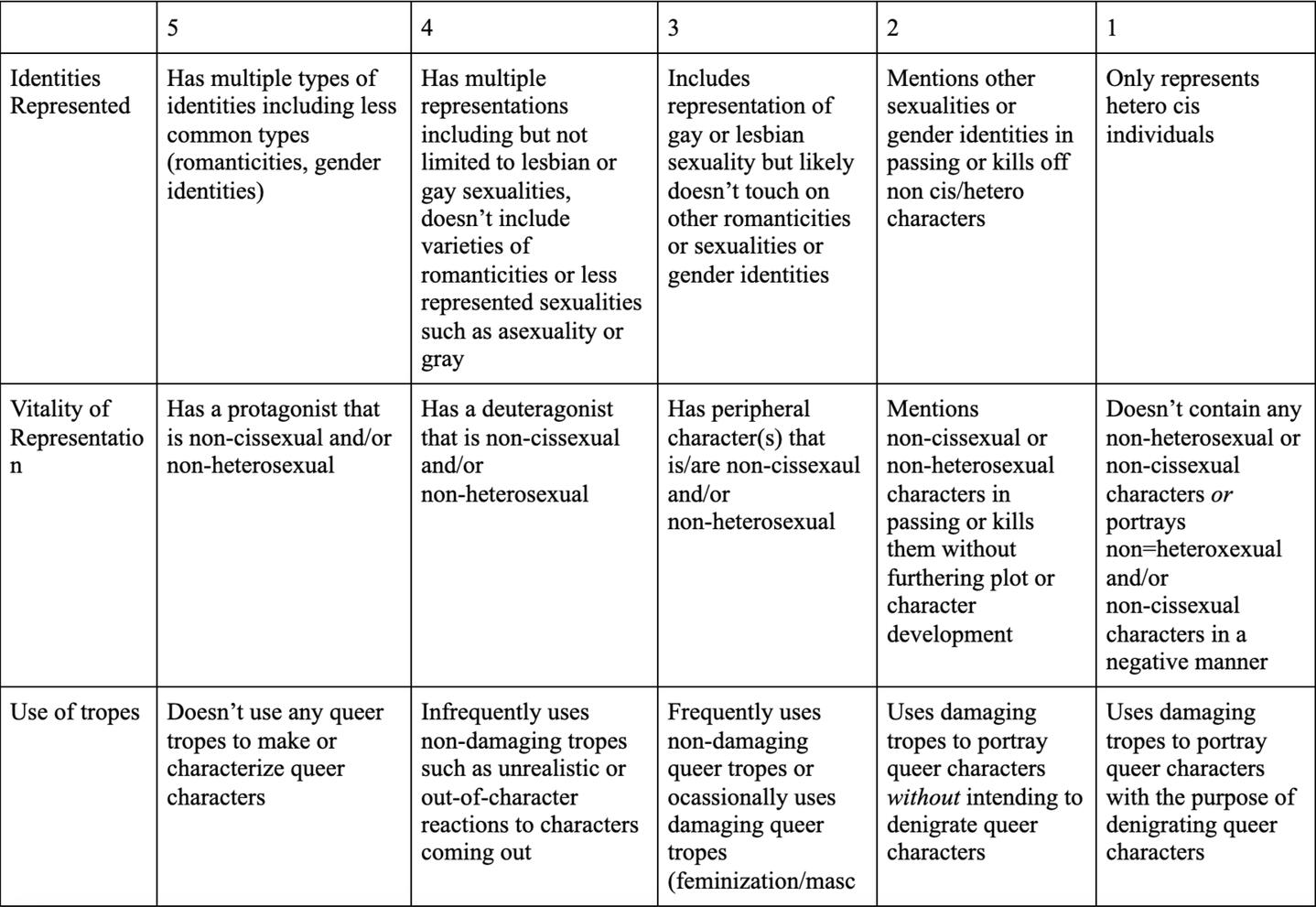

This scale is how I will be evaluating and rating each media type. The scale is on a One-Five scale, one being the worst and ten being the best. They will be given an overall ranking rather than individual ranks for each category.
Each media type will be rated based on the following:
Type of RepresentationAmount Did they use misrepresenting tropes? Was there queer baiting?
home page
← →
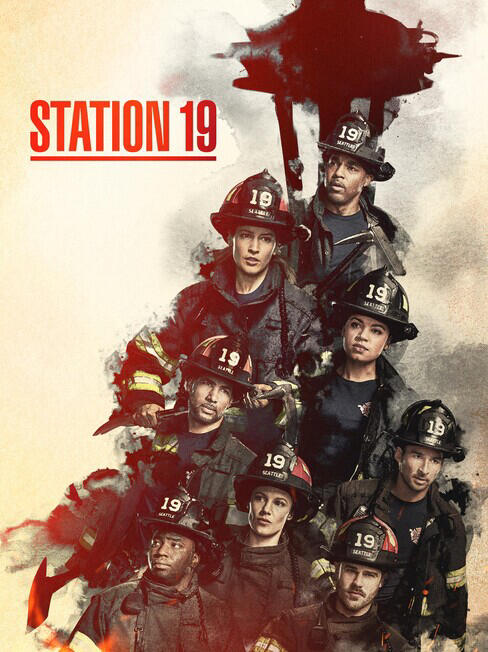
Ranking: 4/5
Description: This is the fire station show for Grey's Anatomy. It follows a group Seattle firefighters in both their work lives and outside lives.
Representation:
Maya Bishop - Bisexual, has had relations with both females and males over the course of three seasons, even mentioned experimenting with open relationships
Travis Montgomery - Gay, had a husband, has dated multiple guys through the show
Side characters --Multiple episodes with lesbian couples
-Episode with a nonbinary character made sure to specific that they use they/them pronouns
home page
← →
Ranking: 4/5
Description: Harper has a plan to propose to her girlfriend, Abby, while at her family's annual holiday party discovers her partner hasn't yet come out to her conservative parents. So they have to try and hide their relationship during one of the happiest seasons of the year.
Representation:
Harper - Lesbian
Abby - Lesbian
John - Gay
home page
← →
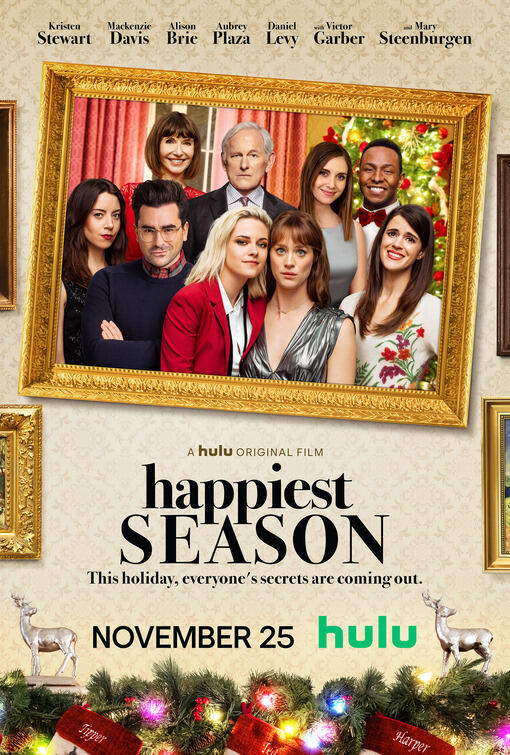
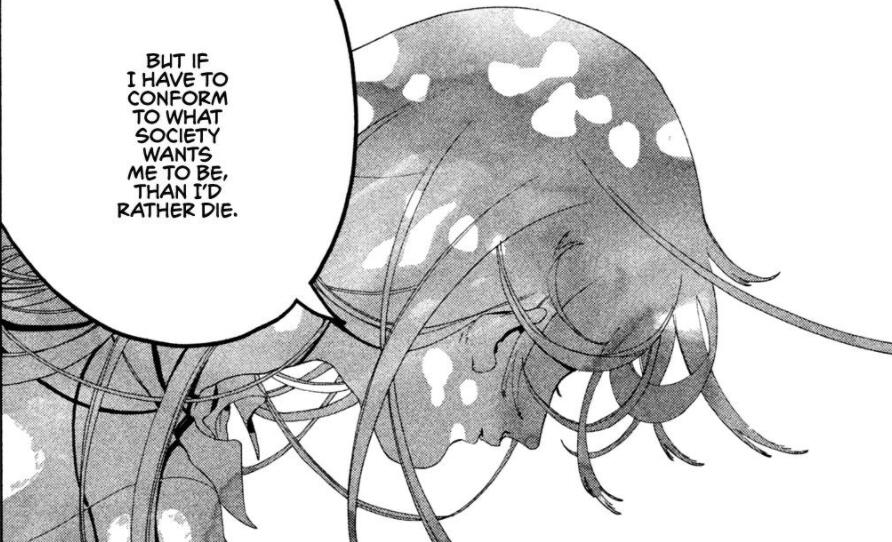
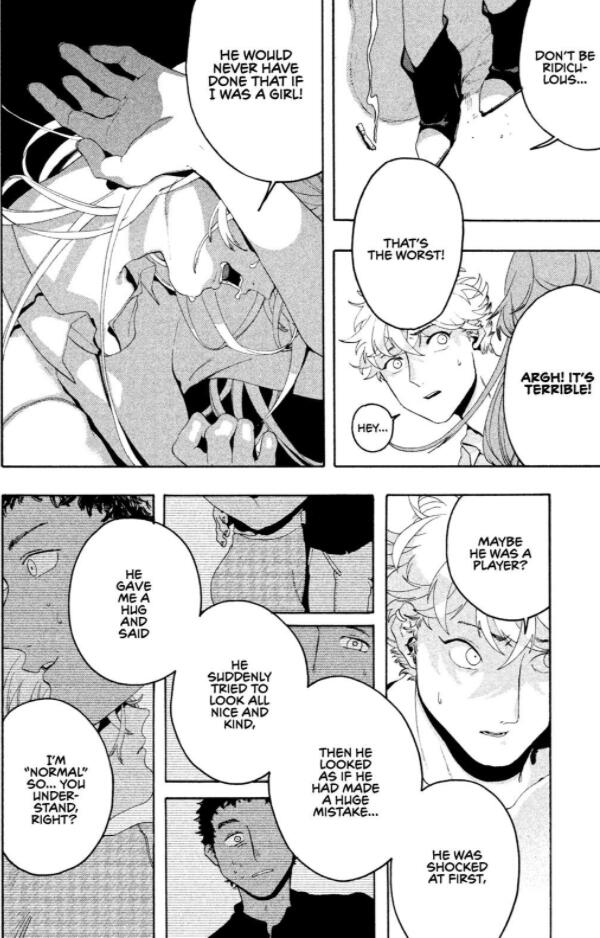
Ranking: 4/5
Description: Ari is a boy who wants to move to the city with his band but he is stuck working at his family's bakery. He meets Hector when he is interviewing people for the bakery. As they continue to work together, they get closer and feelings develope.
Representation:
Ari - Gay
Hector - Gay
home page
← →
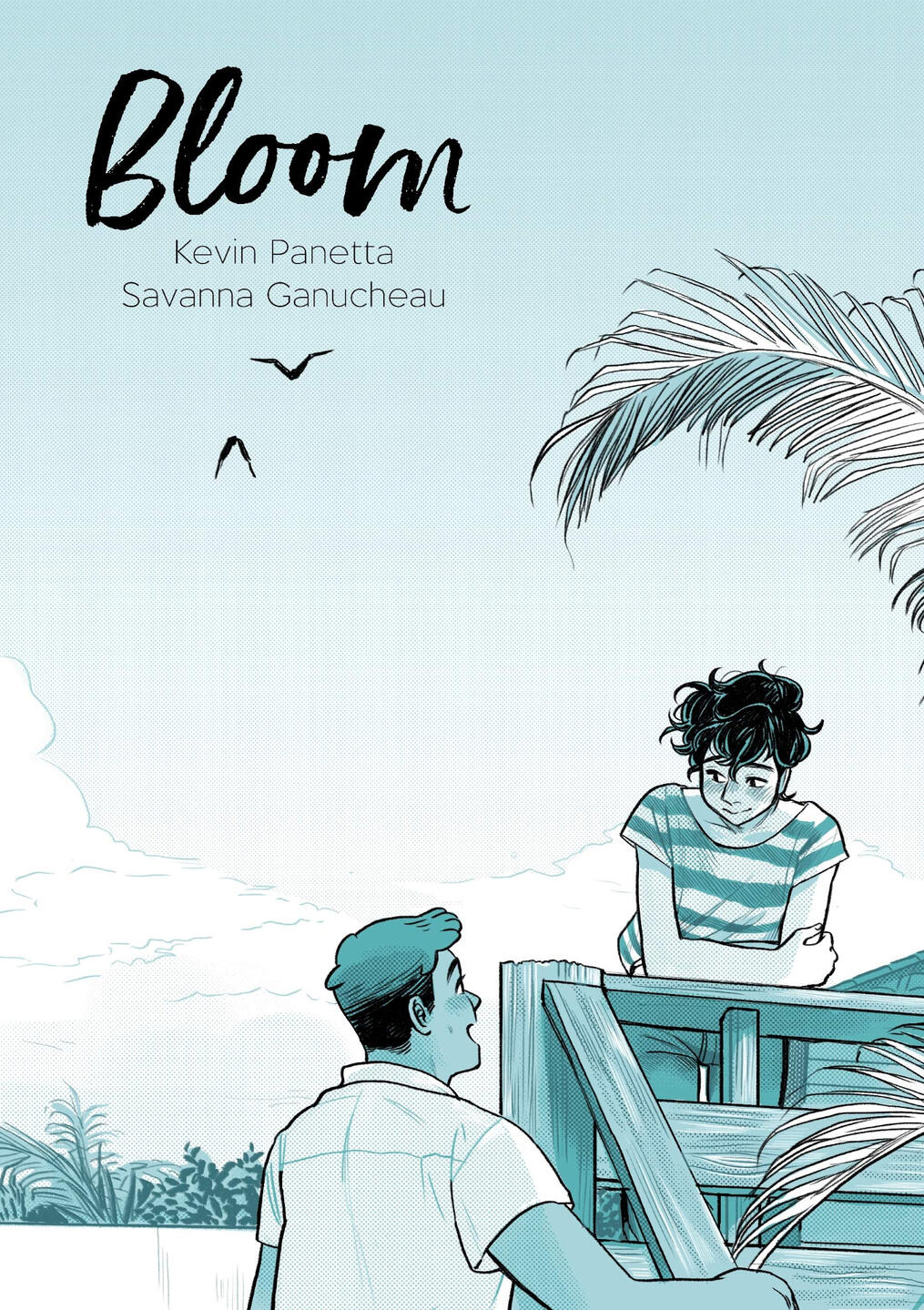
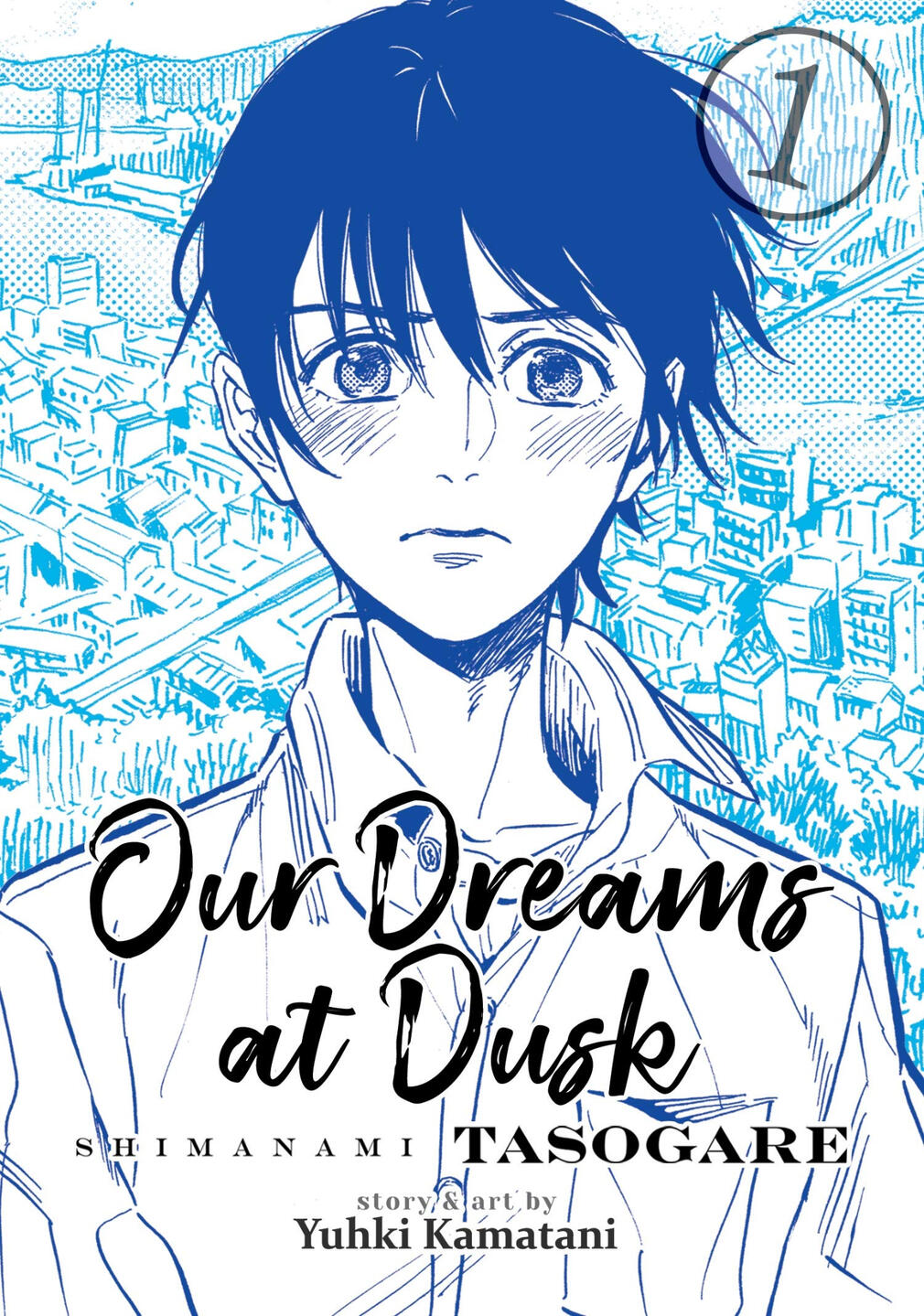
Ranking: 5/5
Description: Tasuku Kaname is a gay teenager who was involuntarily outed to his class. In a chance meeting with Anonymous, he finds a discussion lounge that has other LGBT people.
Trigger Warnings: Suicidal thoughts, bullying, harassment
Representation:
Tasuku Kaname - Gay
Shuuji Misora - Questioning Transgender (Male to Female)
Utsumi Natsuyosh - Transgender (Female to Male)
Haruko Daichi - Lesiban (married to Saki)
Saki - Lesbian (married to Daichi)
Tchaiko - Gay
home page
← →
